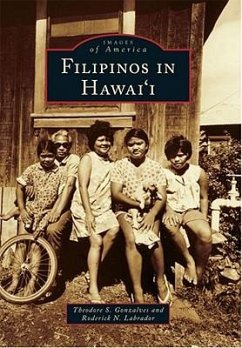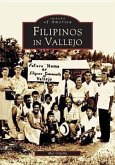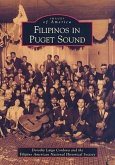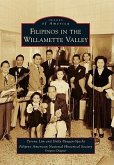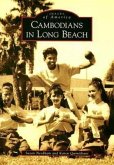Nearly one in four persons in Hawaii is of Filipino heritage. Representing one-fifth of the states workforce, Filipinos have been in Hawaii for more than a century, turning the rough and raw materials of sugar and pineapple into billion-dollar commodities. This book traces a history from 1946"the last year that sakadas (plantation workers) were imported from the Philippines"to the centennial year of their settlement in Hawaii. Filipinos are central to much that has been built and cherished in the state, including the agricultural industry, tourism, military presence, labor movements, community activism, politics, education, entertainment, and sports.
Hinweis: Dieser Artikel kann nur an eine deutsche Lieferadresse ausgeliefert werden.
Hinweis: Dieser Artikel kann nur an eine deutsche Lieferadresse ausgeliefert werden.

